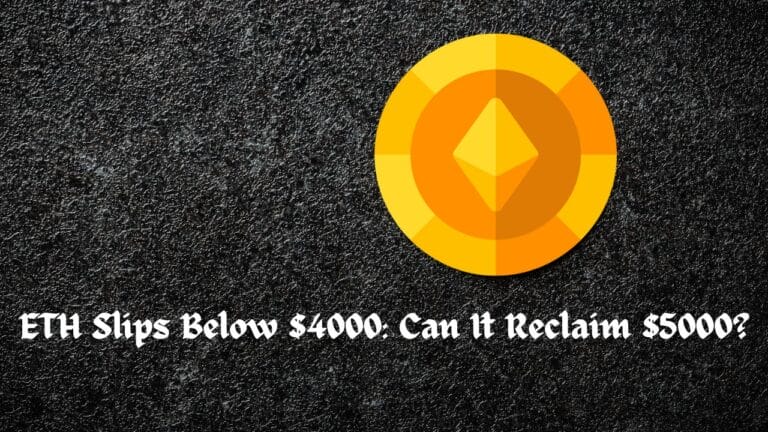Key takeaways:
- Coinbase Derivatives Exchange will introduce Bitcoin (BTC) and Ethereum (ETH) futures contracts for institutional investors.
- The 1 BTC and 10 ETH futures contracts are sized to enable clients to control exposure with unmatched accuracy.
According to a June 1 release, Coinbase Derivatives Exchange will introduce Bitcoin (BTC) and Ethereum (ETH) futures contracts for institutional investors.
On June 5, the exchange stated that the success of its nano BTC and ETH contracts had influenced its decision to introduce these new contracts due to the growing institutional interest in and appetite for advanced derivatives products. The statement went on to say:
“With the launch of these institutional-sized USD-settled contracts, we look to empower institutional participants with greater precision in managing crypto exposure, expressing directional views, or tracking Bitcoin and Ether returns in a capital-efficient way.”
The 1 BTC and 10 ETH futures contracts are sized to enable clients to control exposure with unmatched accuracy. Further, according to Coinbase, these contracts would have “significantly lower fees than traditional offerings, enabling institutions to maximize their capital efficiency.”
The United States Commodity Futures Trading Commission (CFTC) oversees the futures market known as the Coinbase Derivatives market.
The most recent action by Coinbase comes amid a regulatory conflict, specifically one with the Securities and Exchange Commission (SEC) of the United States. The exchange’s offerings, such as its staking services, have drawn the ire of the financial regulator, who has threatened legal action.
A legal dispute between Coinbase and the regulator over the regulator’s refusal to create a new regulatory framework for the cryptocurrency industry is also ongoing. The exchange claims that the SEC intends to replace rulemaking with enforcement actions against market participants.
Due to the unfavorable regulatory environment in the United States, Coinbase has escalated its attempts to build its business abroad despite all of these problems. The company opened a global cryptocurrency exchange after receiving a Bermuda Monetary Authority license. The system would let institutional investors trade BTC and ETH perpetual futures outside of the U.S.
Top exchange officials recently indicated that the company was considering using the UAE as a center for its international service in the Middle East and other neighboring regions.
Coinbase has filed a response in support of its petition for a writ of mandamus to the U.S. SEC in an effort to persuade the SEC to enact restrictions on digital assets. At the end of its filing, Coinbase asked for a writ of mandamus to order the SEC to reply to its initial petition within seven days.










